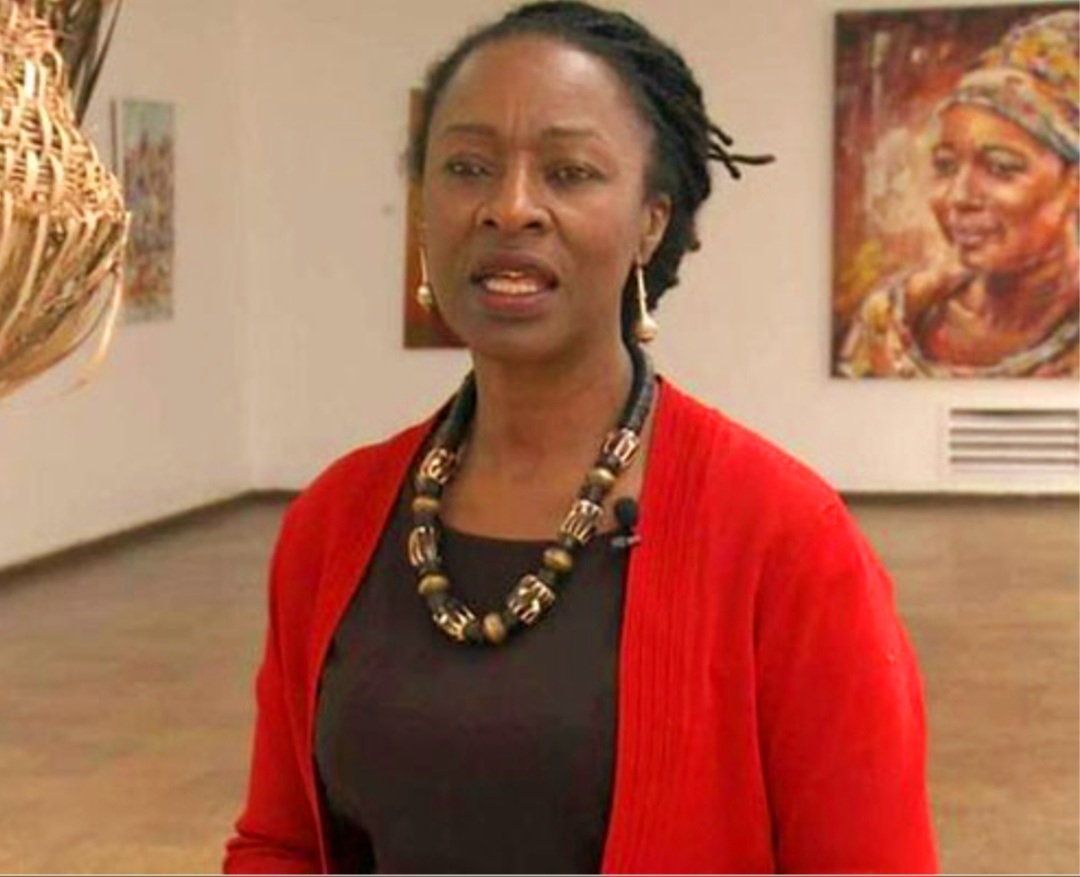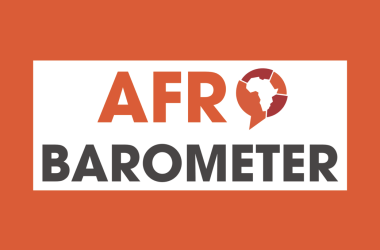Government is headed for a showdown with informal traders and vendors after announcing a ban on night vending and the sale of second-hand clothes in Harare's central business district.
Local Government and Public Works Minister Daniel Garwe said Monday that the restrictions - including a ban on importing second-hand clothing - take effect immediately, but vendors have been given one month to clear existing stock.
The move comes despite statistics from the Zimbabwe Statistics Agency (ZimStat) showing that 76.1% of all operational establishments in the country are informal, with a large share dependent on vending activities.
Garwe said the clampdown is aimed at addressing illegal trading, disorder in the CBD and curbing illicit activities.
However, vendors' organisations have condemned the decision, saying it will cripple livelihoods in a struggling economy.
‘This will worsen hardship'
Vendors Initiative for Social and Economic Transformation (VISET) executive director Samuel Wadzai said the ban would devastate thousands of families.
"As an organisation dedicated to the protection and empowerment of informal traders, we firmly believe this ban undermines the livelihoods of countless Zimbabweans, exacerbates economic hardship and fails to address the root cause of the challenges the government seeks to mitigate," Wadzai said.
He argued that night vending and second-hand clothing sales provide crucial income in an economy with high unemployment and limited formal jobs.
"Rather than eliminating these trading options, there needs to be a focus on regulating and supporting vendors through proper resource allocation, training and market access," he added.
Wadzai said many vendors operate at night because they have no gainful employment during the day, and warned against criminalising survival activities without offering alternatives.
‘No consultation, no solutions'
Zimbabwe Chamber of Informal Economy Associations secretary-general Wisborn Malaya also criticised the ban as "sudden" and "reactionary," saying it was implemented without consultation.
"We are failing to understand the meaning of the ban… the City of Harare had been working on a proposal to legalise night vending and collect revenue from it. Now the government has banned it without analysing the impact on relevant stakeholders," Malaya said.
He noted that most night vendors are women and youths who rely on vending to avoid illicit activities such as drug abuse.
"No one would want to trade at night under normal circumstances, but they do so because trading during the day attracts harassment from local authorities and complaints from shop owners," Malaya said.
He urged the government to consult the Ministry of Women Affairs, Community, Small and Medium Enterprises Development and other stakeholders before enforcing the ban.
"There is a need to visit every stakeholder's platform and discuss practical solutions to address challenges associated with night vending and second-hand clothes trading," he said.
The ban, if fully enforced, is expected to have a significant impact on Zimbabwe's vast informal sector, which remains a key source of income for millions.
- newsday
 Hillside Teachers College calls for applications
Hillside Teachers College calls for applications  Why was Makate penalised for SCA Judges' mistakes?
Why was Makate penalised for SCA Judges' mistakes?  UK's Boris Johnson quits over Brexit stretegy
UK's Boris Johnson quits over Brexit stretegy  First Mutual to list Zimbabwe's first gold ETF
First Mutual to list Zimbabwe's first gold ETF  Zimbabwe on track for 6% growth
Zimbabwe on track for 6% growth  Zimbabwe platinum miners owed millions
Zimbabwe platinum miners owed millions  Young Investment Professional (YIP) Graduate Programme 2019
Young Investment Professional (YIP) Graduate Programme 2019 











 Young Investment Professional (YIP) Graduate Programme 2019
Young Investment Professional (YIP) Graduate Programme 2019
Editor's Pick